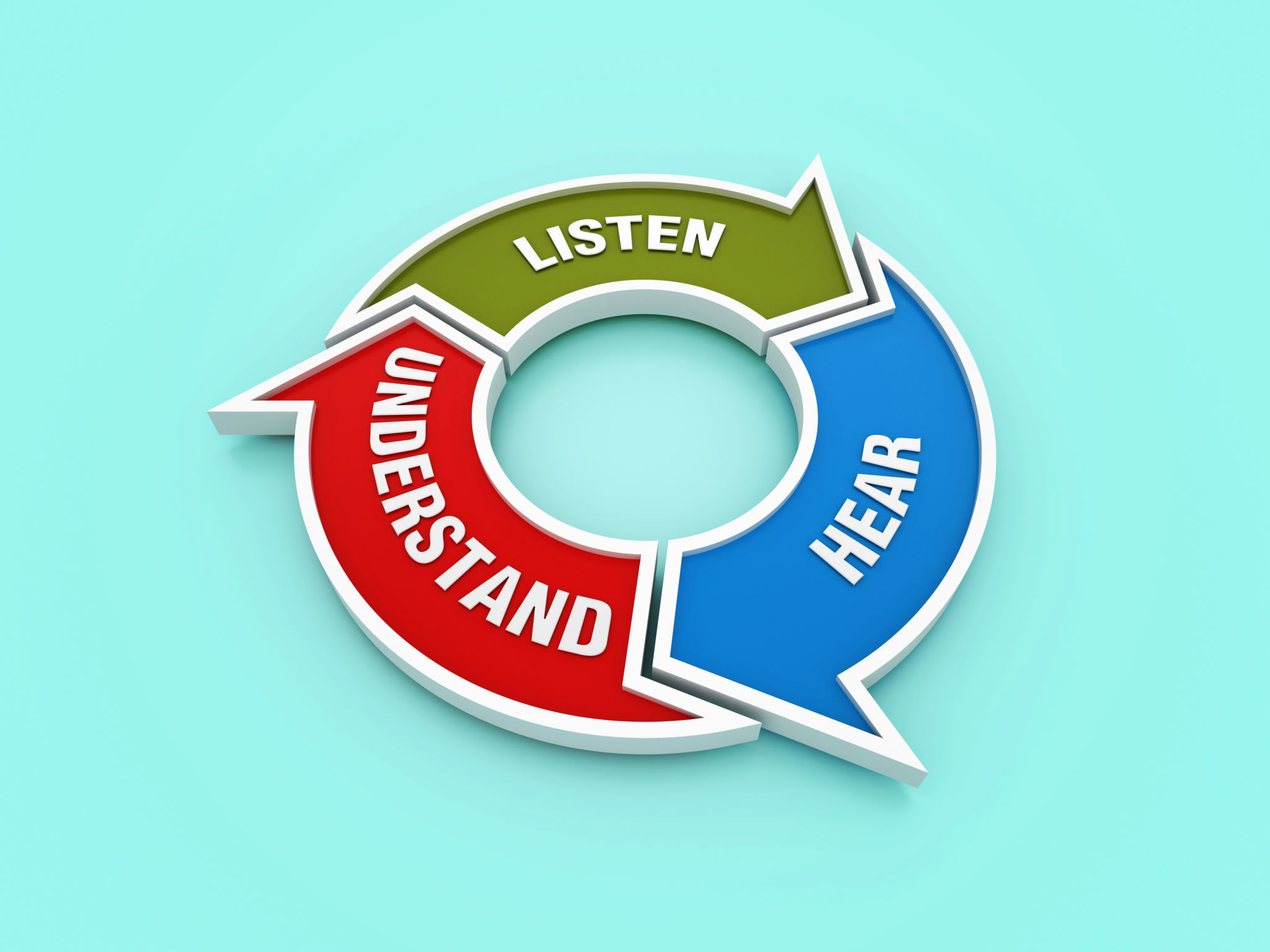Exploring Kolb's Theory: Enhancing Adult Learning Experiences
JT
Understanding Kolb's Experiential Learning Model
Kolb's Experiential Learning Model is a well-regarded framework that emphasizes the importance of experience in the learning process. Developed by David Kolb, this theory suggests that knowledge is created through the transformation of experience. It is particularly relevant in the context of adult education, where practical application often takes precedence over theoretical instruction.
The model is built around a four-stage cycle: Concrete Experience, Reflective Observation, Abstract Conceptualization, and Active Experimentation. These stages provide a comprehensive approach to learning, ensuring that learners engage with content in multiple ways to deepen understanding.

Concrete Experience: The Foundation of Learning
The first stage of Kolb's model, Concrete Experience, involves directly engaging with an experience. For adults, this could involve hands-on activities, simulations, or real-world problem-solving scenarios. This stage is crucial as it serves as the foundation for the rest of the learning process. Without direct experience, learners may find it challenging to relate theoretical concepts to practical applications.
Engaging in Concrete Experiences allows learners to immerse themselves fully in the subject matter, providing a rich base from which to draw insights and understanding. This active participation helps in retaining information and building skills that are immediately applicable in real-life situations.
Reflective Observation: Gaining Insights
After experiencing a situation, learners move to the Reflective Observation stage. This phase encourages them to reflect on their experiences critically. Adults analyze what happened during the Concrete Experience and consider different perspectives and outcomes.
Reflection is a powerful tool in adult learning, as it helps individuals recognize patterns and understand causality. By encouraging learners to think about what they have observed, educators can foster deeper comprehension and facilitate the integration of new knowledge into existing cognitive frameworks.

Abstract Conceptualization: Building Theories
In the Abstract Conceptualization stage, learners begin to form theories or models based on their reflections. This step involves synthesizing observations into coherent concepts and understanding how they fit within broader theories or practices.
This phase is particularly vital for adult learners who often need to understand the "how" and the "why" behind processes and outcomes. By developing theories, learners can predict future occurrences and apply their knowledge in diverse contexts.
Active Experimentation: Putting Theory into Practice
The final stage, Active Experimentation, is where learners test their theories in real-world scenarios. This phase allows individuals to apply what they've learned, thereby reinforcing their understanding and skills.

For adult learners, this practical application is crucial as it validates their learning and demonstrates its relevance to their personal or professional lives. Through experimentation, adults can refine their approaches and continue the cycle of learning with new experiences.
Enhancing Adult Learning with Kolb's Model
Kolb's Experiential Learning Model offers a dynamic approach to education that can greatly benefit adult learners. By engaging with each stage of the cycle, adults can develop a deeper understanding of complex concepts and improve their ability to apply knowledge effectively.
To optimize learning experiences using this model, educators should design programs that incorporate all four stages, ensuring that adults have opportunities for hands-on experience, reflection, conceptualization, and experimentation. This holistic approach can lead to more meaningful and transformative learning experiences.
